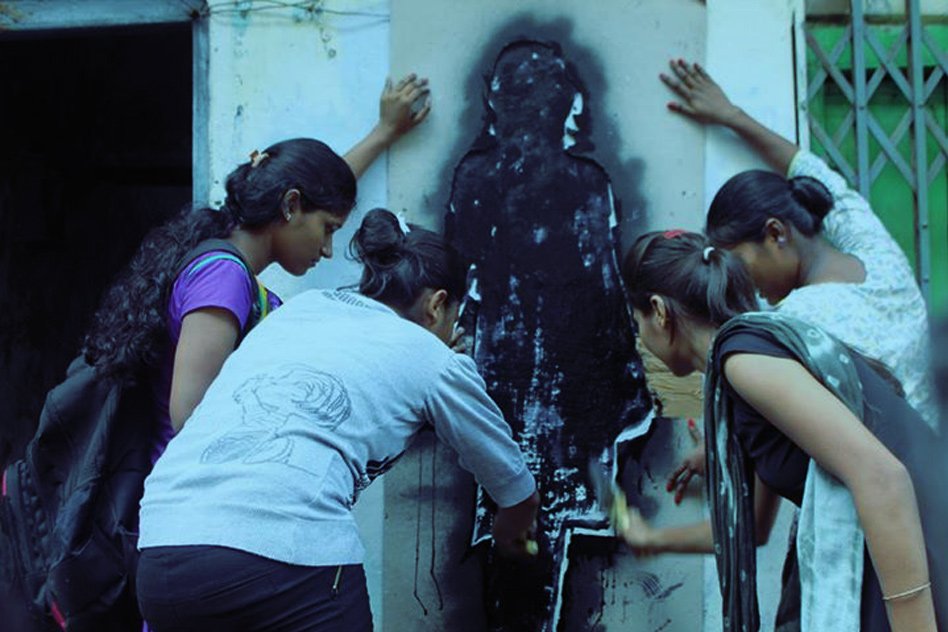Image Source: Missing
Each year in India tens of thousands of girls go missing in a country where an estimated 1.2 million children work in the sex industry. Many are abducted by commercial sex traffickers and forced into prostitution. Trafficking of minor girls – the second-most prevalent trafficking crime – surged 14 times over the last decade and increased 65% in 2014, according to the new data released by the National Crime Records Bureau. Girls and women are the main targets of immoral trafficking in India, making up 76% of human trafficking cases nationwide over a decade, reveals the same data.
Human trafficking is not an Indian phenomenon. It is the third-largest source of profit for organised crime, after arms and drugs trafficking involving billions of dollars annually world-wide. Sexual exploitation of women and children for commercial purposes takes place in various forms including brothel-based prostitution, sex-tourism, and pornography.
To counter the surge targeting girls and women, a 2013 amendment to the law provides rigorous punishment from a minimum of three years in prison to life imprisonment to address the trafficking of children, including physical exploitation or any form of sexual exploitation or slavery.
Missing is a nationwide public art project launched by the artist Leena Kejriwal as a memorial to victims of sexual slavery.

The project pertains to painting larger than life figures of girls in black silhouettes, dedicated to the estimated tens of thousands of girls who disappear in India every year, understood to be victims of commercial sex trafficking. It is common for traffickers to buy young girls from rural areas and bring them to Indian cities to groom them for future sex work when they hit puberty.
The figures are made simply by using large stencils and black paint. Missing now has hundreds of participants in cities across India.

Kejriwal’s installation work, featuring the same silhouette forms cast in steel, was first displayed at the India art fair last year. Since then it has morphed into a nationwide public art project involving hundreds of participants in cities across India, including Bangalore, Delhi and Chennai.
Kejriwal says she wanted to take the art she had created for the show to the streets of Kolkata so that the general public would be able to see the silhouettes. It also emerged out of a need to convey the magnitude of the problem. She has been involved with the issue of female and child trafficking in India for more than a decade.
The project began in mid-June this year, and already the black silhouettes can be spotted in more than 150 urban locations throughout India, with more being painted every day. The majority of these are in Kolkata, where one of Asia’s largest red light districts is located.
The next phase of the project will be the installation of 15 feet iron and fibreglass sculptures in 10 Indian cities. The project is being supported by the Indian Rotary Foundation’s Teach Child Welfare programme. An interactive mobile app will also allow viewers of the sculptures to learn more about the stories of these missing girls and how to stop child sex trafficking in India.











